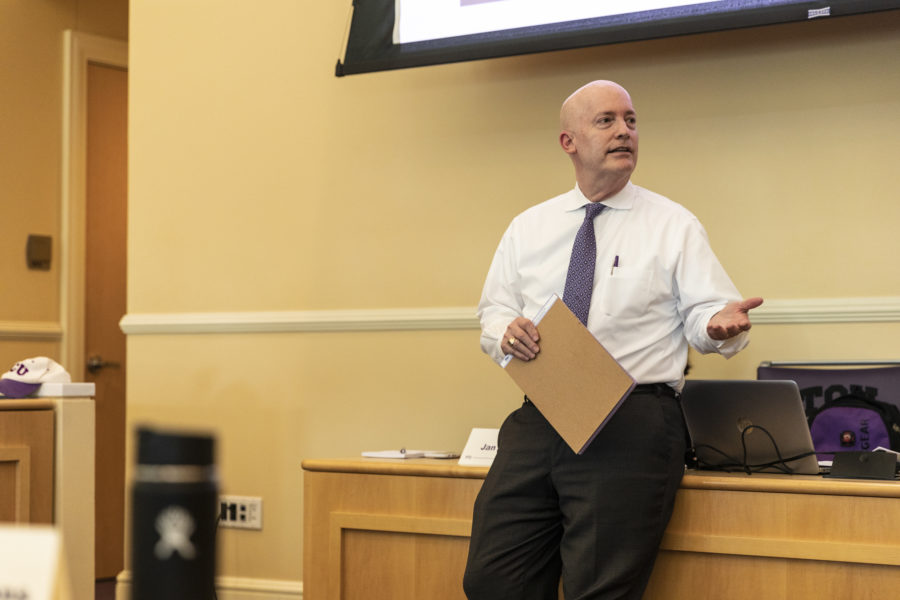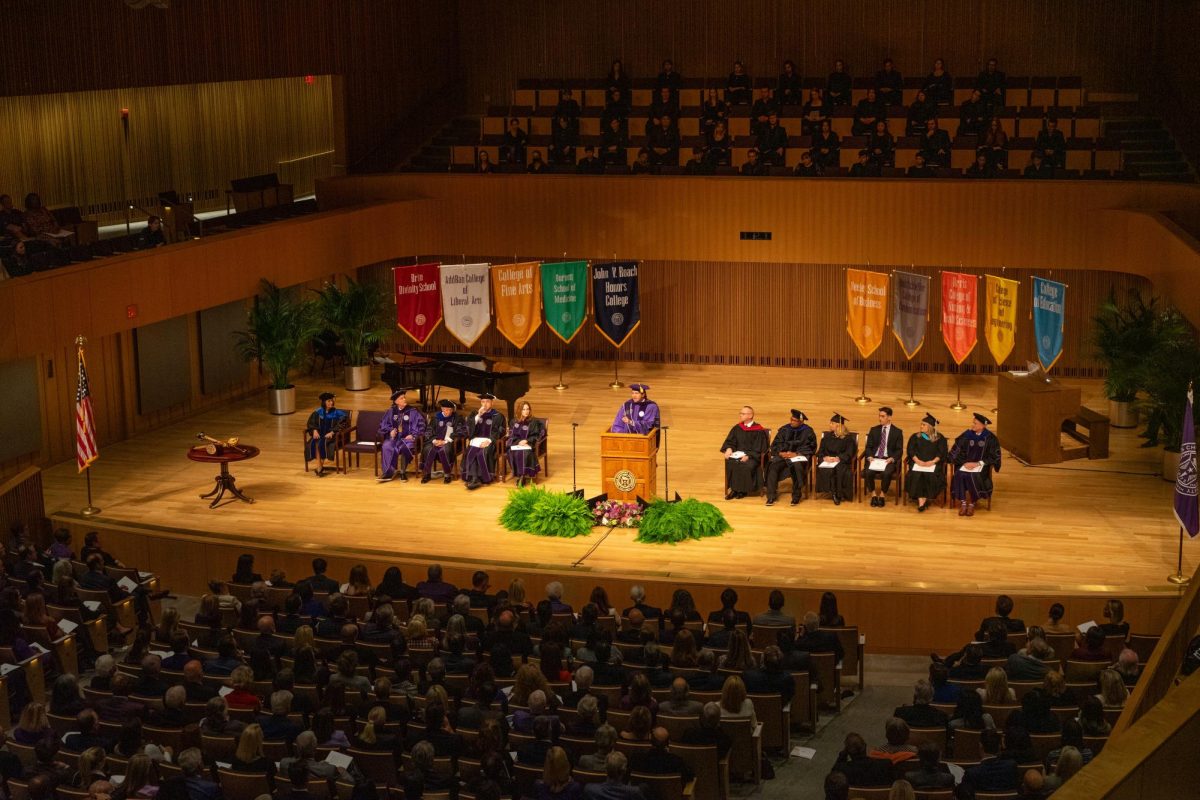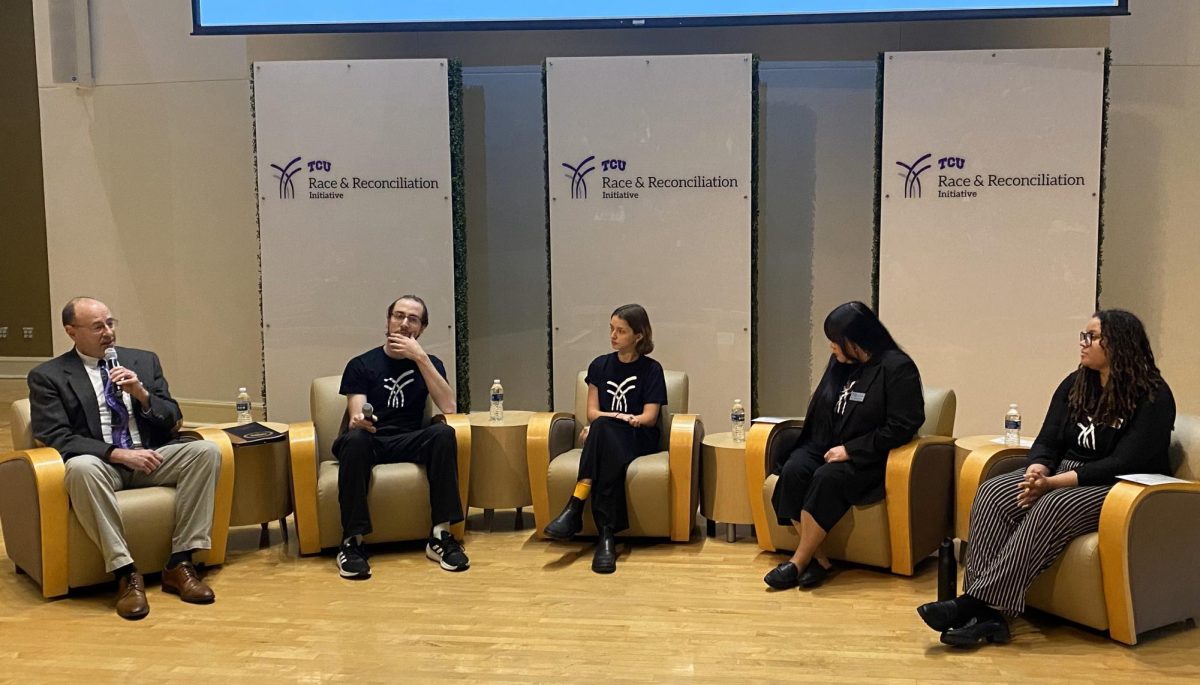TCU will tip the tuition scale next fall as the price of attendance will exceed $50,000.
On Friday, the board of trustees set tuition for the 2020-21 academic year at $51,570, or 4.9% higher than this year’s rate of $49,160.
Need-based financial aid is expected to increase to match the hike, but merit scholarship won’t keep pace.
Students, parents and alumni took to social media to express their opinions on the topic.
TCU is increasing tuition by 4.9% to make the cost of attendance for the 2020-2021 academic year equal to $51,570. Remind me again why I left UofL.
— alexes? (@alexeslinay) November 8, 2019
@TCU really raising tuition again to pay for more buildings and partnerships that improve current students’ campus experience and mental health in no way at all?
— jeff (@jeff_johnson12) November 8, 2019
still gonna pretend like opinions of students/families (tuition payers) matter though.
Lol TCU raised tuition again, at this point I’d be more shocked if they didn’t raise it every year
— Gary Williams (@GaryWilliams343) November 8, 2019
Future increases are likely to be less, said Chancellor Victor Boschini. During last month’s Faculty and Staff Town Hall, Boschini said the university won’t be able to maintain annual increases in the 5% to 6% range that were seen in recent years.
“Rolling out into the future, we probably can’t maintain that high of a tuition increase every year…it’s already too high,” Boschini said. “It can’t be $70,000 to go to TCU; that’s just not realistic.”
TCU’s largest tuition increase spike, 8%, came in 2012. Tuition increases have stayed around 4.9% since 2017.
Boschini said stabilizing tuition is part of an ongoing sustainability effort initiated by TCU’s board of trustees.
He said while they are trying hold tuition spikes, it’s unlikely that it would be cut. Everything on campus is funded by tuition, Boschini said.
In order to maintain this plan, Boschini said students will need to stop asking for as much as they have been.
“Students can have whatever you want, but somebody’s going to have to pay for it, and students want more of everything every year,” Boschini said. “They want more food options, they want more psychiatrists in the counseling center, they want a bigger Rec Center, and all that costs money.”
He said having a set rate for incoming first-year students throughout their time at TCU likely isn’t a good solution either.
“I’ve worked at a school that did that, and they canceled it because it backfired,” Boschini said. “What happened is eventually the underclassmen got angry, and they thought that they were paying for your benefits. It kind of created some dissension on campus.”
Even though tuition has been increasing over the years, Boschini said students’ pockets haven’t always felt the price jump. Every time tuition has been raised, financial aid has been raised by the same amount.
“It shouldn’t affect any students if they file the FAFSA – if you need it, you’ll get it,” Boschini said. “I don’t think it has because the retention rate is 92%, it’s actually gone up, so I don’t think that’s affected anybody.”
He said problems arise when students are only on merit-based scholarships because those don’t increase at the same rate as tuition.
“If it cost $10 to go to TCU last year and I had an $8 merit scholarship, this year it cost $12 to go to TCU and I still have an $8 merit scholarship,” Boschini said. “Our board has sided with helping those in need versus anyone else, and so if you don’t qualify for need, you won’t get more money.”












